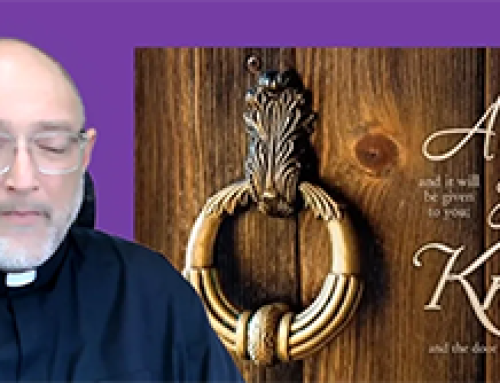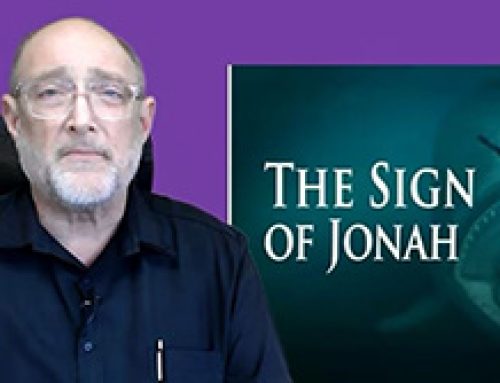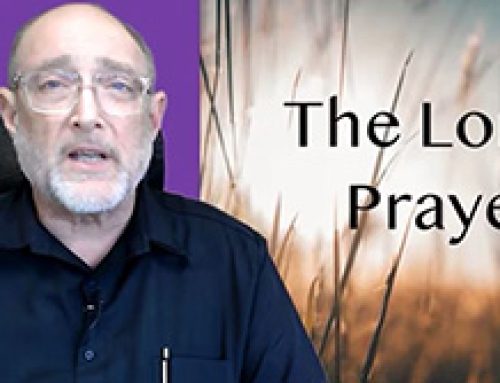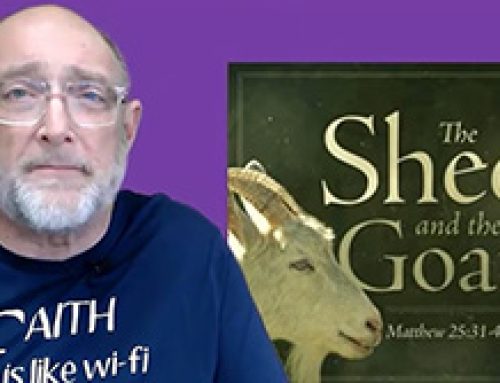Fr Paul Gooley reads from the Gospel of Matthew (10: 1-7) in which Jesus summoned his twelve disciples and gave them authority over unclean spirits with power to cast them out and to cure all kinds of diseases and sickness.
Fr Paul says the mission-discourse is the second of Matthew’s five great collections of the sayings of Jesus. It focuses on the exterior mission of disciples of Jesus, and late in the Gospel Jesus will focus on the interior life of the community.
Historically, it fits into the development of the drama by being restricted to the House of Israel, in contrast to the final mission, given to them by the Risen Christ, to make disciples of all the nations (28.19) – yet another indication that the evangelist is writing from the viewpoint of a disciple sprung from Judaism.
The number of twelve is crucial: the names vary somewhat from list to list, but the number is always twelve. When Judas betrays Jesus, a substitute must be found, for the number represents the twelve tribes of Israel. The importance of this is that Jesus is conscious of founding a New Israel of which they are to be the leaders.
The list of the Twelve is taken from Mark chapter 3 (v16-19) with some slight adjustments. Controversy has surrounded the first and the last names. Why is Simon Peter described as ‘first’ when Andrew was also called at the same time? It must be that Peter had special authority in the group.
The last name is Judas but unlike all the others it has two further descriptions after his name. One is the word Iscariot which denotes his place of origin. The other is that it also tells us that Judas is the one to betray Jesus.
Fr Paul invites us to reflect on the question – Like the apostles, what is God calling me to go out and do today?






Leave A Comment